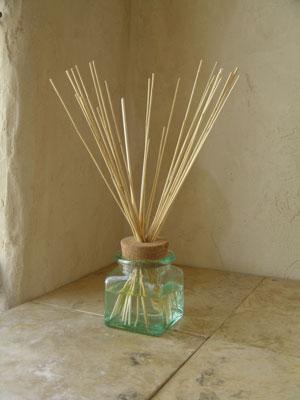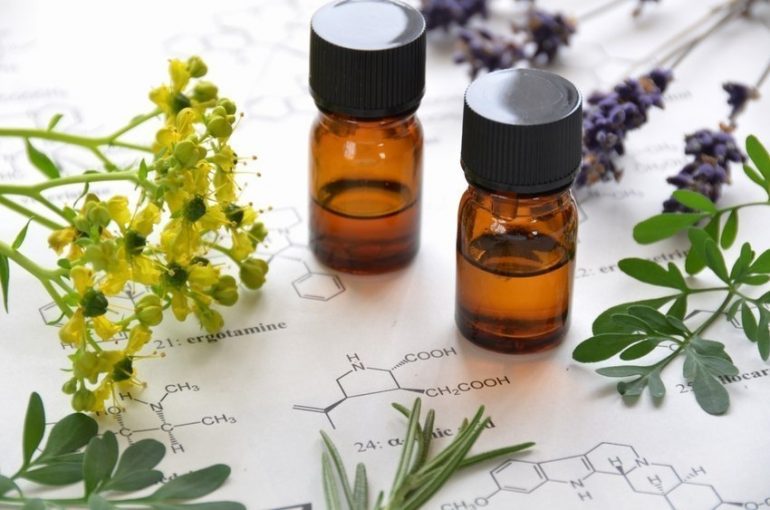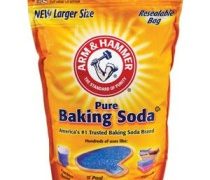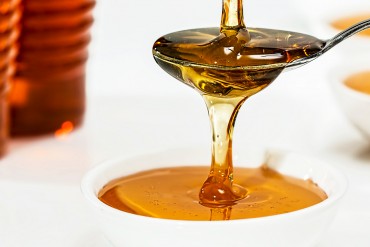Why make your own air freshener, when you can buy it at the store? When you make your own air freshener you can skip the toxic chemicals that are present in commercial air fresheners. You can also tailor make the fragrance to your preference, as well as deciding how light or strong the scent is. Lastly you’ll save yourself some money. Although the initial purchase of essential oils may be slightly costly, a tiny bit goes a very long way. You may be surprised to find that those tiny bottles will last you a few years.
Using essential oils over commercial scents also provides an additional benefit to your health. Essential oils are extracted from plants and provide a wide range of therapeutic health benefits. So when making your own blends consider your needs at the time, are you trying to clear the air after a bout of colds and flu, provide a calming environment to improve your sleep, or simply to refresh the air? Knowing the properties and benefits of essential oils can help make your decisions easy.
Essential Oil Properties
Antibiotic Essential Oils-Bergamot, Clove, Eucalyptus, Lavender, Lemon, Lime, Melaleuca, Oregano, Patchouli, Roman Chamomile
Antibacterial Essential Oils-Cypress, Eucalyptus, Lavender, Lemon, Lime, Marjoram, Melaleuca, Peppermint, Roman Chamomile, Rosemary, Sage, Sandalwood, Wild Orange, Wintergreen
Antifungal Essential Oils-Eucalyptus, Lavender, Lemon, Melaleuca, Patchouli, Sage, Sandalwood, Thyme
Antiviral Essential Oils-Cinnamon, Clove, Eucalyptus, Lavender, Lemon, Melaleuca, Oregano, Sandalwood, Thyme
Here are some common essential oils and their health benefits:
Basil: helps relieve headaches
Clary sage: calms the nervous system
Clove oil: helps relieve nasal congestion
Lavender: improves sleep quality and calms the nervous system
Lemon: acts as a natural antidepressant and calms anxiety
Orange: refreshes and relaxes
Rosemary: stimulates the mind and improves memory
What to look for in essential oils
Always look for 100% pure essential oils. Some brands use a petroleum base solvent which can be neuro toxic, while other brands use synthetic products. These types of oils can have long lasting negative impacts in the environment, and are a source of volatile organic chemicals that can also negatively impact your indoor air quality and your health.
So how can you tell if your oil is pure? Look for these signs when testing your oils:
- Essential oils should not feel greasy on your skin
- Will not smell like alcohol
- Disappears on blotting paper (Put a few drops of oil on blotting paper. Pure essential oils will not leave any residue when it evaporates, while petroleum and synthetic oils will).
- Will not dissolve in water
- Won’t smell rancid
Be sure to buy essential oils from a reputable source such as Mountain Rose Herbs, Aura Cacia, Young Living, doTerra or Essential Vitality.
How to make your own spray air freshener
Pour one cup of water into a clean, reusable spray bottle.
Add in two tablespoons of vodka and about 20 drops of essential oils. Some essential oils are stronger than others, so start by adding a few drops at a time until you get the strength you want, you can always add more.
Screw on the top and shake well to combine the mixture.
Be sure to label and include the recipe. If you decide you like it, you won’t have to remember the ingredients.

Make your own reed diffusers
Making your own home reed diffusers is incredibly easy. All of the items needed are easily found online, in health food stores and grocery stores.
Materials needed:
Jar or container-A small clean jar or a container that has a wide base and a small opening will work best.
Reeds– Many health stores carry these and they are also available online.
Mineral oil– Is easily found online, in grocery and drug stores. Mineral oil is thinner than vegetable oil and works better at moving the scent through the reeds.
Vodka– Plain, non-diluted vodka. This is used as a thinner for the oil.
Essential oil(s)
How to assemble your oil diffuser
Pour one-quarter cup of mineral oil and two tablespoons vodka into a measuring cup and stir well to combine the liquids.
Add in one and one-half tablespoons of essential oil
Stir well and pour the oil mixture into your container. Insert as many reeds as will fit into the opening.
Flip the reeds every few days to optimize the scent diffusion.
Not a fan of essential oils? Try one of these 7 natural air fresheners
- Baking Soda & Essential Oils-Baking soda and essential oils are perfect to put in a small jar to make a natural air freshener.
- Baking Soda & Lemon- When you want to deodorize your home, dissolve one-eighth of a cup of baking soda in two cups hot water and a half-cup of lemon juice for an instant air freshener.
- Coffee Beans-Place fresh coffee beans in an open container in a room that you want to freshen.
- Simmer Fresh Fruit-Simmering your favorite fresh fruit such as oranges and lemons in water on a stovetop will make your kitchen smell delicious.
- Vinegar-Vinegar is an effective and inexpensive air fresheners. Simply pour distilled white vinegar in a spray bottle. The scent is overpowering at first, but as it evaporates, the smell disappears, along with any odors.
- Vodka-Vodka contains ethyl alcohol, which is the main ingredient in many commercial chemical-laden fresheners. When vodka dissipates it leaves no odor.
- Open a window- When there’s a foul odor in your home, opening windows to get a cross current, will air out your home fast.
These are both great companies for essential oils.








